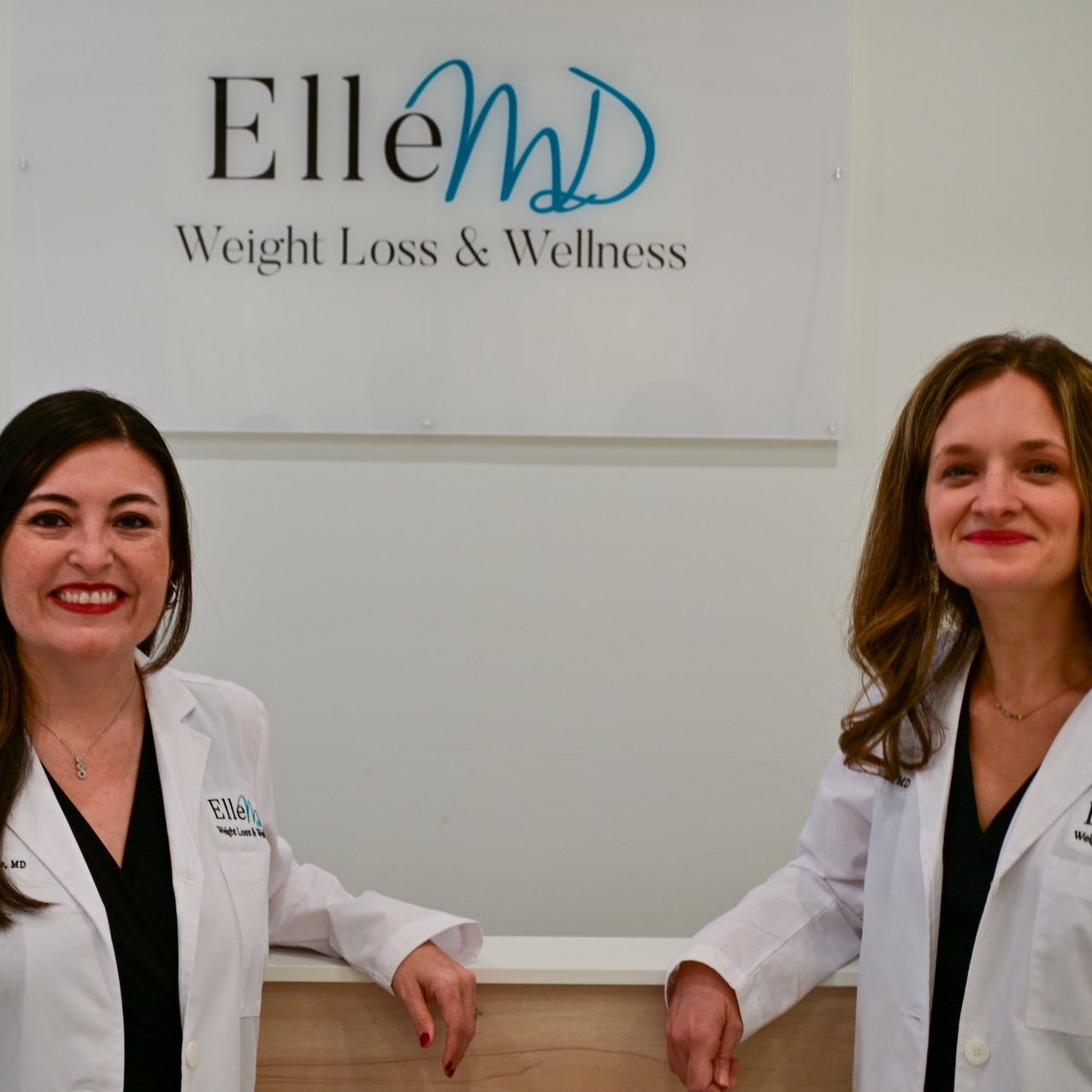LDL Particle Size: A Key to Cardiovascular Health in Functional Medicine
February is Heart Month!

In functional medicine, a holistic approach to health emphasizes the importance of personalized care and digging deeper into the root causes of various health issues. When it comes to cardiovascular health, the focus has shifted beyond simply measuring cholesterol levels to a more nuanced understanding of lipoprotein particles, particularly LDL (Low-Density Lipoprotein). February is heart month, so let's explore the significance of LDL particle size and how to optimize it for improved cardiovascular well-being.
Understanding LDL Particle Size
Traditional cholesterol testing typically involves measuring the total amount of LDL cholesterol in the blood. However, this approach overlooks the crucial factor of LDL particle size. LDL particles come in different sizes, and size matters when it comes to cardiovascular risk.
Small, dense LDL can penetrate the arterial walls, contributing to atherosclerosis—or plaque buildup in the arteries. On the other hand, larger LDL particles are less likely to infiltrate the arterial lining and are therefore less harmful.
Importance of LDL Particle Size in Cardiovascular Health
- Risk Stratification: Understanding LDL particle size allows for a more accurate assessment of cardiovascular risk. Individuals with mostly small, dense LDL particles may be at a higher risk for heart disease, even if their total LDL cholesterol levels appear normal.
- Inflammation and Oxidation: Small LDL particles are more susceptible to inflammation and oxidation, which play a significant role in the development of atherosclerosis. By addressing the underlying causes of inflammation and oxidative stress, functional medicine practitioners can work towards improving LDL particle size.
- Insulin Resistance: Insulin resistance is associated with elevated small, dense LDL particles. Functional medicine approaches that address insulin sensitivity can positively impact LDL particle size.
Strategies to Improve LDL Particle Size
Dietary Modifications:
- Emphasize a whole-food, anti-inflammatory diet rich in fruits, vegetables, and omega-3 fatty acids.
- Reduce intake of refined carbohydrates and sugars, which contribute to insulin resistance and small LDL particle formation.
Regular Exercise:
- Regular physical activity can improve LDL particle size and reduce cardiovascular risk.
Balancing Hormones:
- Address hormonal imbalances, especially those related to insulin and thyroid function, as these can impact LDL particle size.
Supplementation:
- Consider targeted supplements, such as omega-3 fatty acids and antioxidants, to support cardiovascular health and reduce inflammation.
Determining LDL particle size provides a more comprehensive understanding of cardiovascular risk. By addressing factors such as inflammation, insulin resistance, and hormonal imbalances, functional medicine doctors can work towards optimizing LDL particle size and ultimately promote heart health through personalized, holistic approaches. As we unravel cardiovascular health's intricacies, embracing functional medicine principles opens new avenues for prevention and improvement in overall well-being.
*AI Disclosure:
This content may contain sections generated with AI with the purpose of providing you with condensed helpful and relevant content, however all personal opinions are 100% human made as well as the blog post structure, outline and key takeaways.
* Affiliate Disclosure: Some of the links on www.elle-md.com may contain affiliate links meaning that we will get a commission for recommending products at no extra cost to you.
*Blog Disclaimer: Please note that reading our blog does not replace any health or medical advice consultation. Read our blog disclaimer here.

Meet the Drs.
Dr. Hendriks and Dr. Castillo MacKenzie are board-certified physicians, female, specialized, with over 10 years of experience.
Elle MD started after practicing in a traditional primary care setting together for over a decade. We grew frustrated with the current healthcare model, which places no emphasis on addressing the root cause of chronic disease. A lot of times, conventional care doesn’t even promote overall wellness!
We founded Elle MD in Royal Oak, MI, with a vision of providing this care in a compassionate and personalized way.
Download your free guide














